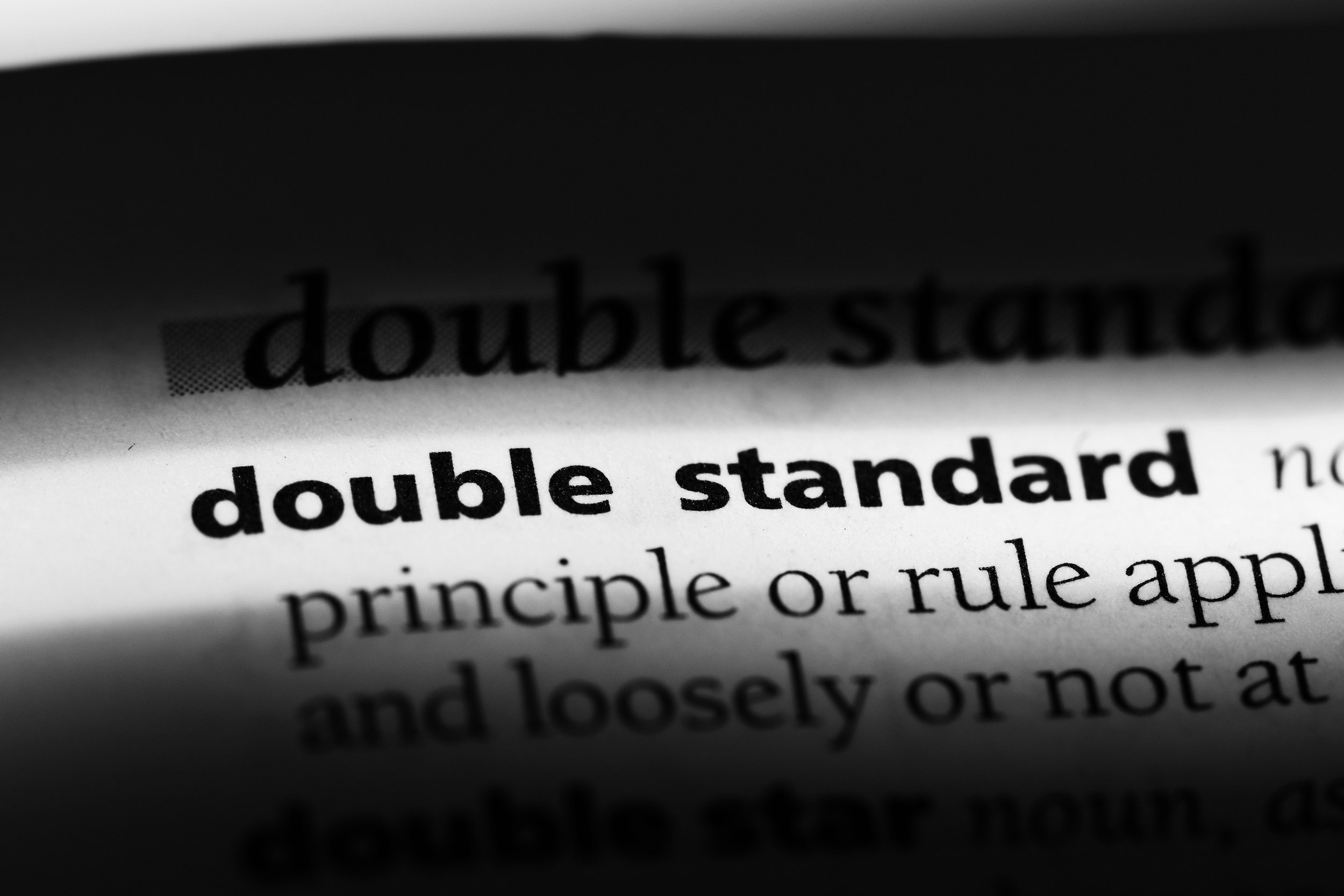Sexual assault is already cloaked in stigma, disbelief, and victim-blaming — but when the people involved are both women, the conversation often screeches to a halt. We’re quick to rally around survivors when the accused fits a particular mold: a cisgender man in power, a stranger in the shadows, or a public figure caught red-handed. But when a woman assaults another woman, society fumbles. We minimize. We misunderstand. We dismiss.
Let’s be clear: women can be perpetrators. And other women can be their victims.
But mainstream narratives don’t reflect that truth. The media rarely tells stories of female-on-female assault. Law enforcement is less likely to believe survivors in these cases, if they’re willing to take the reports at all. Many survivors don’t come forward because they fear not being taken seriously — by friends, family, or even professionals trained to help.
This silence is especially deafening in queer communities, where there’s a deep-rooted and valid fear of feeding into homophobic tropes. “Don’t air our dirty laundry” becomes a mantra. As if protecting community reputation should come at the cost of an individual’s trauma. As if abuse somehow becomes less valid because it didn’t fit the “correct” genders.
There’s also a persistent myth that women can’t really hurt other women. That without brute force, it doesn’t count. But we know better. Power, manipulation, coercion, and emotional control can be just as damaging as physical violence — and those tools don’t discriminate by gender.
When we ignore or excuse sexual assault between women, we create a dangerous double standard. We send the message that only certain survivors are worth believing, protecting, or fighting for. We invalidate lived experiences and re-traumatize those brave enough to speak up. And we fail to hold perpetrators accountable because they don’t fit the expected profile.
If we’re serious about ending sexual violence, we must be willing to talk about all of it — even the parts that make us uncomfortable. That includes challenging the idea that women can’t be aggressors, or that survivors only exist in straight, binary terms.
Believing survivors shouldn’t come with a gender clause. Consent is not a suggestion, regardless of who’s involved.
So the next time someone says, “It wasn’t that serious — they’re both women,” remember: sexual assault is not defined by who commits it. It’s defined by harm. And harm knows no gender.
Let’s do better. For all survivors.
